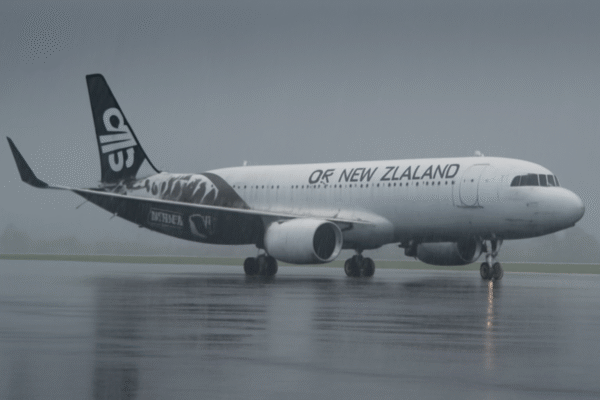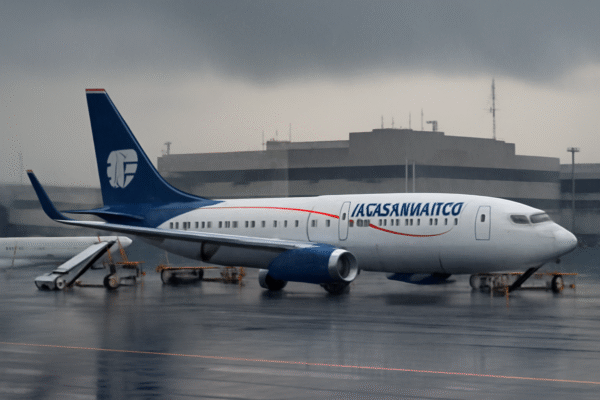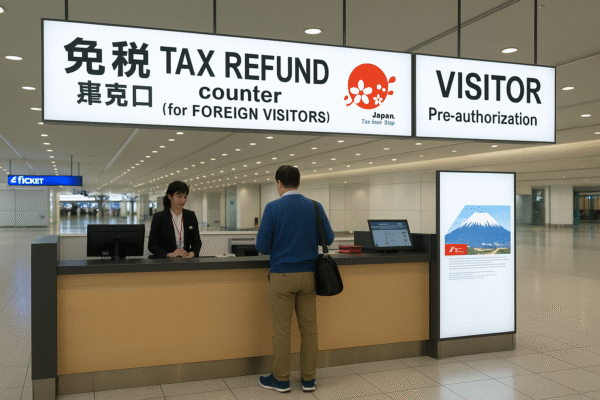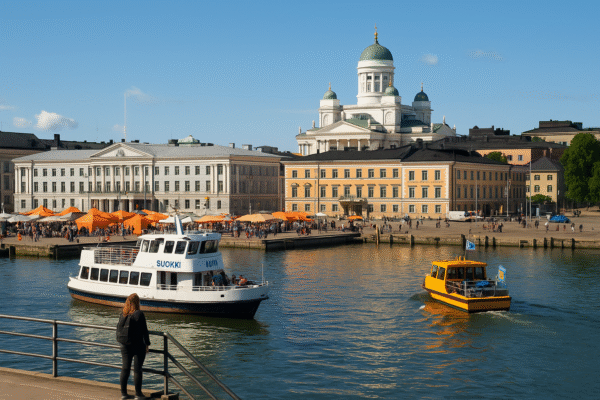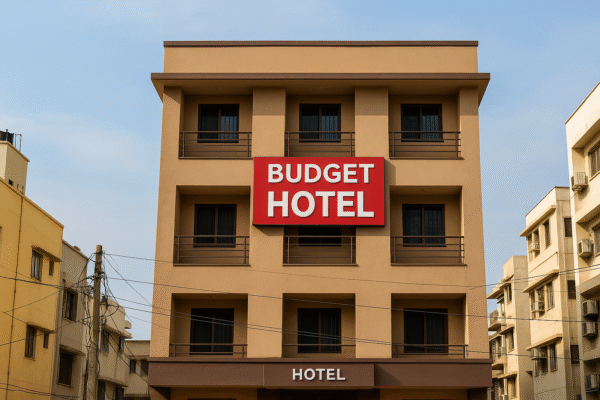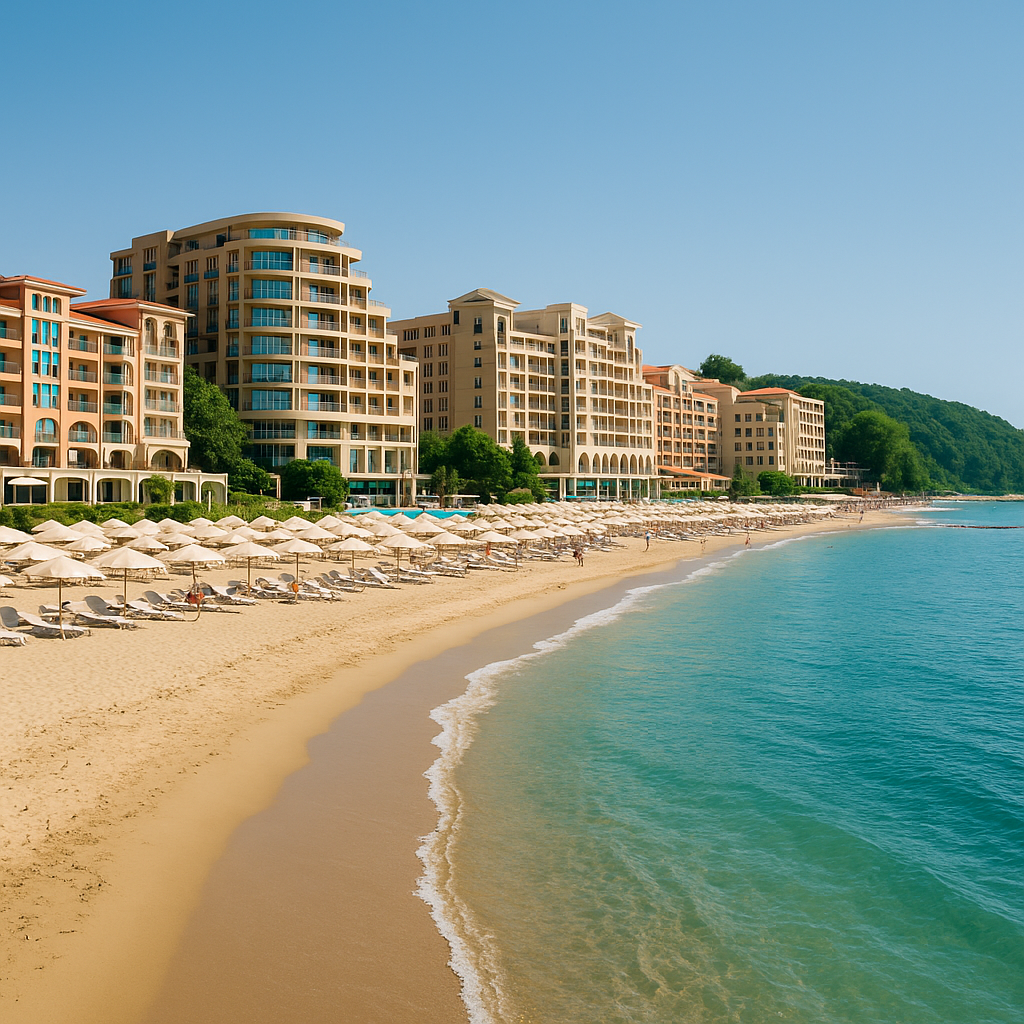Bulgaria is quickly stepping into the European tourism spotlight, emerging as a compelling alternative to established giants like Spain, Turkey, and Greece. With a sharp focus on infrastructure renewal, air connectivity, and competitive pricing, Bulgaria is positioning itself as a top-value destination for both budget travelers and upscale tourists seeking quality and authenticity without the steep costs.
Bulgaria’s Hospitality Renaissance: Upgraded Resorts for 2025
A central pillar of Bulgaria’s tourism transformation is the extensive renovation of its coastal resorts, particularly along the Black Sea. During the recent “Experience Bulgaria 2025” conference, tourism officials unveiled significant upgrades to hotel facilities in Golden Sands, Albena, and Sveti Konstantin & Helena. These resort areas, historically popular with domestic and regional travelers, are being modernized to appeal to a broader global audience.
From contemporary interiors to enhanced amenities and service standards, Bulgaria is realigning its offerings with international expectations. However, tourism leaders stress that global promotion remains essential to make these improved accommodations visible in key source markets.
Boosting Air Access to Bulgaria: A Gateway to Growth
Improved air connectivity is one of the biggest drivers of Bulgaria’s rising tourist appeal. Direct flights from Germany and Austria are expanding rapidly, giving European travelers convenient access to Varna and Burgas, Bulgaria’s key Black Sea airports.
SunExpress, in partnership with Electra Airways, has launched 16 weekly flights from major German cities, while Fly Lili is preparing routes to eight cities across Germany and Austria. By mid-2025, Varna will connect to 14 German airports, and Burgas will link with 11, creating an expansive network that rivals many Mediterranean destinations.
These new connections are strategically timed to extend the traditional summer season, with routes like Hanover–Varna now continuing through September, making the Bulgarian coast a viable option for late-season travel.
Price Meets Quality: Bulgaria’s Competitive Advantage
As inflation impacts vacation budgets across Europe, Bulgaria offers a compelling price-to-quality ratio. Compared to rising costs in Turkey and Spain, Bulgaria provides families and couples with affordable luxury experiences—from seaside resorts and spa treatments to fresh, locally sourced cuisine.
This cost advantage has become one of Bulgaria’s most potent tools in gaining market share. For example, bookings from Germany are projected to rise 25% in 2024, a remarkable gain compared to Turkey, where bookings are expected to fall by 10% due to higher costs.
Yet, Bulgaria’s upcoming potential transition to the euro brings a caveat: preserving affordability will require careful price stabilization to avoid losing its edge among price-sensitive travelers.
Modernizing Bulgaria Image Abroad
Despite visible improvements, Bulgaria’s international image remains underdeveloped, particularly in Western markets like Switzerland. Many travel agents and tour operators attending the Experience Bulgaria 2025 event admitted they were unaware of the country’s recent progress.
Tourism experts agree: while the infrastructure is now competitive, Bulgaria must invest in strategic, consistent branding campaigns that promote its rich history, natural beauty, and upgraded tourism offerings. A fresh, modern narrative is needed to overcome outdated perceptions and elevate Bulgaria’s global profile.
Diversification for Year-Round Tourism to Bulgaria
Bulgaria is also exploring ways to move beyond its summer beach tourism model. Drawing inspiration from destinations like Mallorca, the country is working to diversify its tourism offerings to drive year-round visitation.
Emerging niche segments include:
- Golf tourism, with courses being upgraded near the coast and inland.
- Cultural tourism, featuring UNESCO-listed sites and ancient monasteries.
- Wellness and spa travel, especially in mountain towns like Banite.
- Shopping tourism, encouraged by regional malls and designer outlet expansions.
This diversification is key to spreading tourism across seasons, avoiding overcrowding, and building a more sustainable travel economy.
Strategic Conferences Signal Bulgaria’s Growth Trajectory
The Experience Bulgaria 2025 conference, backed by both public agencies and private tour operators, marked a turning point. Held with the aim of reconnecting Bulgaria to its European partners, the event spotlighted everything from new hotel developments to emerging tourism niches.
The presence of leading European tour operators, tourism boards, and hoteliers underlined Bulgaria’s growing appeal and strategic ambition. The momentum from this event has already triggered new partnership talks and charter agreements, potentially fueling further growth in 2025 and beyond.
Conclusion: Bulgaria’s Ascent in European Tourism
Bulgaria is at a pivotal moment in its tourism evolution. Backed by modernized resorts, expanded flight access, strategic pricing, and a clear diversification plan, the country is moving swiftly to position itself as a serious contender in the European travel landscape.
To rival the likes of Spain, Turkey, and Greece, Bulgaria must now double down on global outreach, digital campaigns, and public-private cooperation to tell its new story to the world. With rising traveler interest and infrastructural momentum, Bulgaria could very well become Europe’s next travel hotspot—offering beauty, value, and authenticity in one compelling package.
For more travel news like this, keep reading Global Travel Wire





